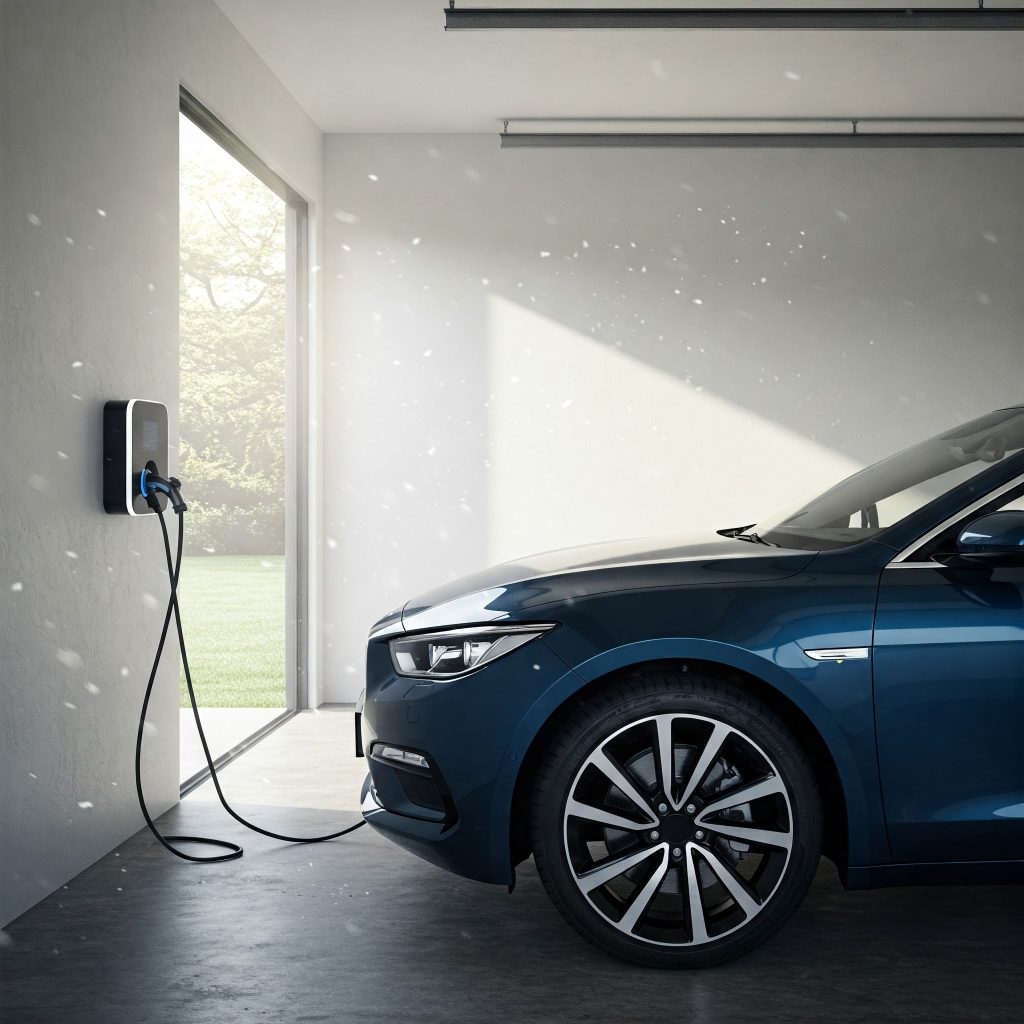
Battery Safety in Electric Cars: What to Know After a Blackout

Following Spain’s massive blackout, experts confirm that battery safety in electric cars is not at risk thanks to modern protection systems.
During Spain’s recent electrical failure, many EV users were left wondering what happens if the power goes out during a charge. The response from AEDIVE and Euromaster is reassuring: battery safety in electric cars is well covered by current technology.
Read more: Growth of Charging Points in Spain in 2025
How electric vehicles protect their batteries
Today’s chargers are equipped with safety systems that cut the connection if there’s a voltage drop or spike. If the grid suddenly reactivates, the electrical surge is absorbed by built-in filters, preventing damage.
Monitoring battery health
To track battery status, Euromaster recommends:
- Checking the dashboard battery health display.
- Using the vehicle maker’s app.
- Visiting a certified garage for an OBDII diagnostic.
These tools offer data on voltage, temperature and overall performance, which are crucial for battery safety in electric cars.
Warranty and independent garages
European law protects your warranty even if the car is serviced at an independent garage, as long as it meets the brand’s quality standards.

What impacts battery performance?
Battery safety in electric cars depends on several factors:
- Extreme weather conditions.
- Frequent charging cycles.
- Aggressive driving habits.
- Excessive use of onboard systems.
With proper care, EV batteries can last 8–15 years or up to 300,000 km.
Battery replacement costs
Replacing a battery ranges between €5,000–€7,000 on average, but some premium models can cost over €20,000 depending on battery size and brand.





